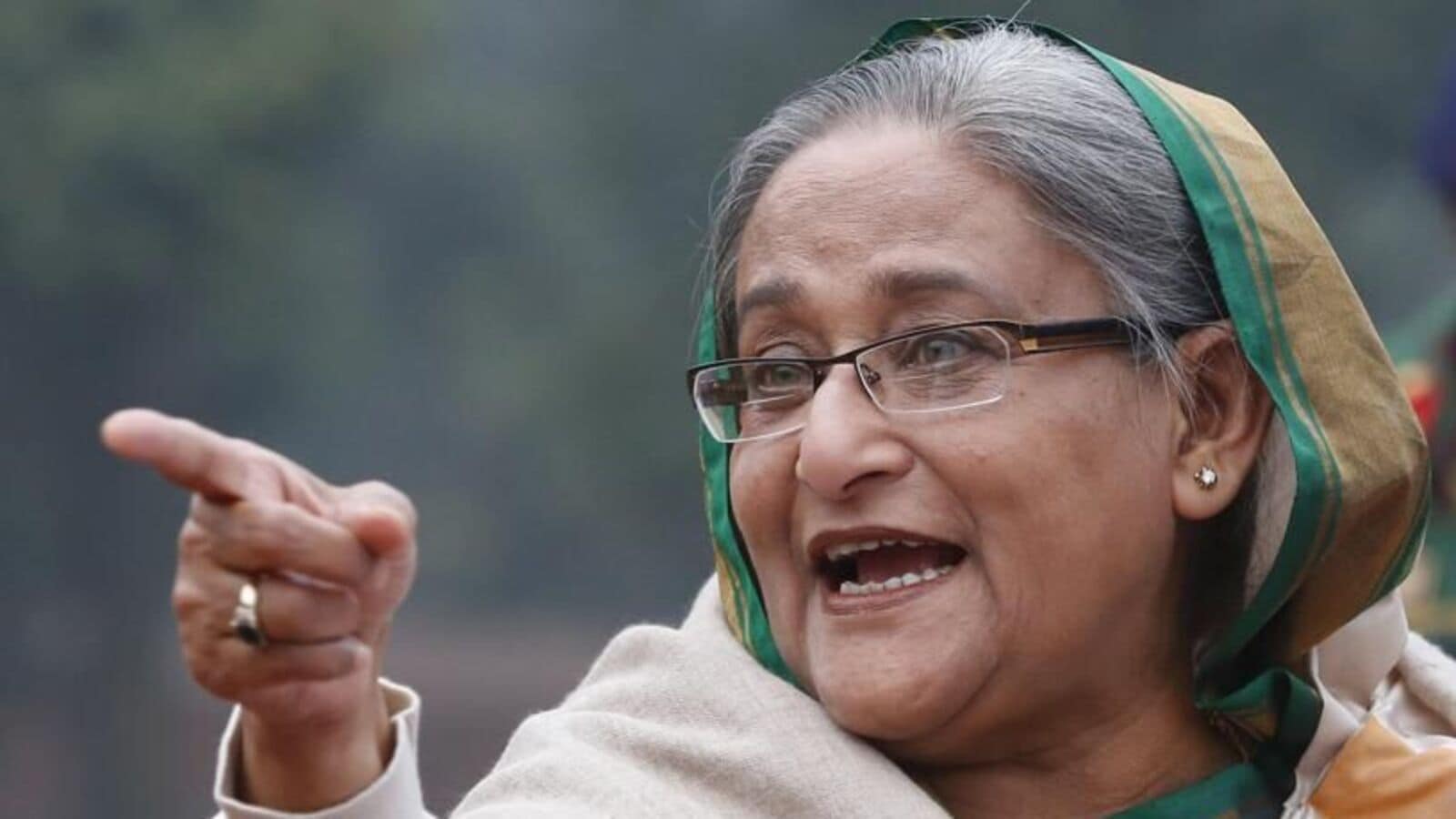Sheikh Hasina’s dramatic exit from Bangladesh has created a strategic conundrum for India, one that sparks three key questions:
- What happens if Bangladesh makes a formal request for her extradition?
- If India invokes the exception clause under the extradition treaty between the two countries, what implications will it have for the future of India-Bangladesh relations?
- What can India do to navigate this strategic conundrum differently, keeping in mind its long-term strategic interests in Bangladesh?
The extradition conundrum
Among SAARC nations, India has extradition treaties with Nepal, Bhutan and Bangladesh, and an extradition arrangement with Sri Lanka. The India-Bangladesh extradition treaty was signed in 2013 and amended in 2016. Both countries have benefited from it.
For Bangladesh, the challenge was from terror groups such as Jamaat-ul-Mujahideen Bangladesh (JMB), whose operatives were found to be hiding in West Bengal and Assam. India got top United Liberation Front of Assam (ULFA) leader Anup Chetia extradited from Bangladesh in 2015, and has also extradited a couple of Bangladeshi fugitives through this treaty.
However, what complicates matters now is the host of demands for the extradition of India’s dependable strategic ally Sheikh Hasina.
Also read: Bangladesh must strive to keep its success story going
While Bangladesh is yet to make a formal request, and India’s external affairs ministry has dismissed it as hypothetical, the issue still calls for strategic thinking in the diplomatic and foreign policy establishment.
So, what are India’s options? While it may want to stand up for its long-time friend Sheikh Hasina, politics is driven by rationality and prudence, not emotions. In realpolitik, national interests trump personality-based politics. While much remains to be seen in terms of India’s response, if it chooses to deny the extradition request, it will have to script its denial based on the exception clause of the extradition treaty.
While this clause stands contested, India still has substantive legal ground to make its case in light of Article 6 and Article 8 of the treaty. Article 6 permits ‘political character of offence’ as grounds for exception, while Article 8, clause 1.3 states, “A person may not be extradited if the accusation against him is not made in good faith in the interests of justice.” India can technically invoke both clauses, which are well within the parameters of international law to deny extradition. Nonetheless, this would have consequences for India-Bangladesh relations.
Strategic challenge for bilateral ties
For years, India’s policymakers have viewed Bangladesh like many other of its neighbours. It’s now time to pay attention to how India is viewed in Bangladesh and recognise the sentiment there, both politically and on the ground.
The grassroots view is that India is a strong ally of Sheikh Hasina and the Awami League, rather than Bangladesh. This party- and personality-specific identification is detrimental to India’s long-term interests in the region, especially in the wake of competing interests with China.
Also read: Out of Bangladesh fire, Indian students find themselves in the frying pan
Bangladesh has been the strategic glue in India’s Neighbourhood First policy, SAGAR Doctrine, and Act East Policy. It is important that India open up all channels of communication with key opposition parties in Bangladesh, including the Bangladesh Nationalist Party (BNP). India’s policy establishment has made the first moves in this direction.
Also, the much-touted minority card may not align with India’s long-term interests in Bangladesh as Muhammad Yunus has clearly stated that New Delhi must move “beyond the narrative that portrays every other political party except Awami League as Islamist”.
Also read: Can India capitalize on ‘Bangladesh Plus One’?
So, what can India do differently? Well, it could take a multi-pronged approach, deploying diplomacy and international law in tandem. It could also refrain from playing the minority card domestically, as short-term political mobilisation in India creates an equal and opposite reaction in Bangladesh. This in no way undermines India’s efforts to address the issue of safety and security of Bangladesh’s minority community using the highest diplomatic channels. In short, strategic pragmatism is the need of the hour.
#Sheikh #Hasinas #extradition #conundrum #Indias #options






